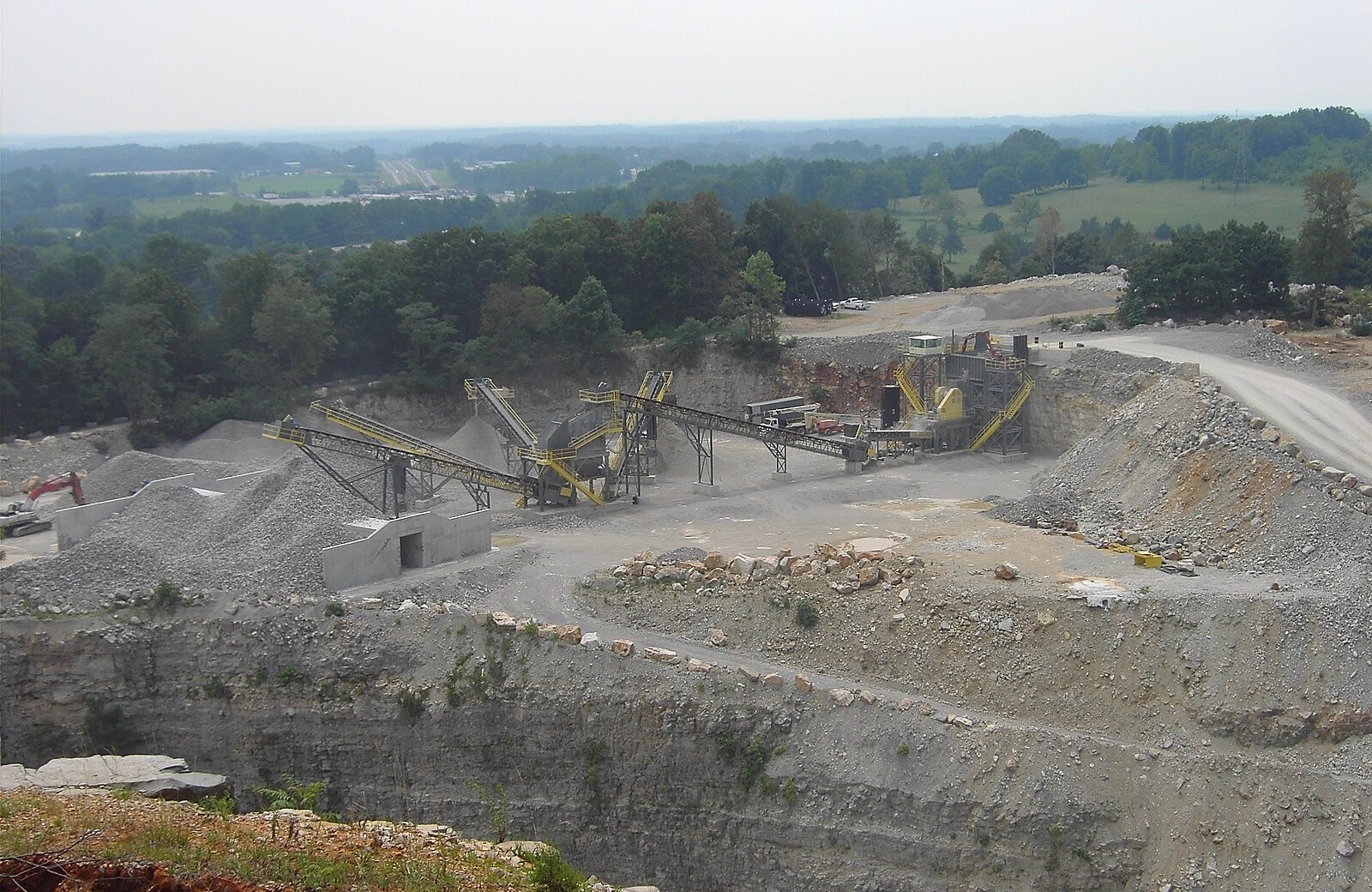The Ontario government has agreed to pause its proposed planning statement and Bill 97 pending further discussions.
The announcement was made May 30 in a joint release by 14 Ontario agricultural organizations.
Why it matters: If passed, the proposed plan would see farmland permanently lost in Ontario.
Read Also

Melancthon faces a new quarry fight over water, environment and farmland risks
A proposed Strada blast quarry in Melancthon, Ont., sparks regional debate over water protection, farmland sustainability, and Ontario’s aggregate policy.
The statement as proposed would allow up to three new severed lots on existing farm properties.
Producers and land use experts said it would lead to the loss of valuable farmland.
There was particular concern for the livestock sector, said University of Guelph professor Wayne Caldwell in a May 17 Ontario Farmland Trust webinar.
He estimated that with the policy changes, at least 500,000 acres of land in Ontario could be taken out of agricultural production.
“We have a limited amount of agricultural land in Ontario, and we’re already losing it to more planned urban expansions, 319 acres of farmland every day,” Caldwell said. “We are truly locking ourselves into a pattern that would be absolutely contrary, in my view, to the best interests of agriculture.”
READ MORE: Ontario government’s Bill 23 accelerates concern about loss of farmland
He said that potentially allowing up to 30 new residential lots on a concession block with no minimum distance separation, would leave little room for growth in the livestock sector.
“Indeed, we should ask the question, is this the beginning of the end for animal agriculture in Ontario?”
Caldwell also said modern farm technology and practices may not mix well with residential areas. He cited drones and bird bangers as examples of farming practices disruptive to residents.
Concerns were not limited to agriculture. The proposal could have an impact on transportation and access in rural areas as well.
“Given two sides of a provincial highway and five farms on each side, this could result in up to 30 requests for new entrance permits in a concession road frontage per one and a quarter mile,” said Caldwell.
Lobbying win
The Ontario Federation of Agriculture and 11 other agricultural organizations issued a joint statement May 18 urging the provincial government to pause the proposal.
It did so, and also announced an extension to the consultation period and plans to work with Ontario’s agriculture sector.
Steve Clark, Ontario Minister of Municipal Affairs and Housing, confirmed in a letter to the OFA that the province will extend the comment deadline to Aug. 4 to “give the public an enhanced opportunity to comment on the proposals” and allow the provincial government “more time to consider alternative solutions to support multi-generational farm families without adding additional severances.”
The original consultation period was scheduled to end June 4.
“We have clearly heard the concerns that have been raised about the need to preserve Ontario’s farmland and we share that goal,” the statement read.
In a May 30 OFA Viewpoint, president Peggy Brekveld said Ontario farmers and producers have “spoken up with a single voice against legislation that could make it difficult or impossible for farmers to manage and expand their farm businesses in the future.”
She said OFA supports urban growth and development to combat the affordable housing crisis and is willing to be part of the solution.
“Meaningful dialogue between government, farmers and municipalities will help find ways to support the provincial government’s housing goals,” she said. “And we look forward to actively engaging in that dialogue in the days and weeks ahead.”
Ethan Wallace, OFA director for Perth and Huron counties, said he appreciated the government’s willingness to listen to producers’ concerns.
“It shows our system works, right?” Wallace said. “It shows that the government had what they thought was a great idea to promote houses and build homes and give farmers a bit of extra income from a different source.”
Wallace said the government appears willing to embrace new ideas not initially considered when the legislation was drafted, noting it tends to be short-sighted regarding rural and agricultural impacts.
“I’ve spoken before with Minister (Lisa) Thompson and with other MPPs and MPs about unintended consequences,” he said. “And I think this was simply a case of unintended consequences.
“There’s concerns surrounding the removal of the requirement to show need before expanding an urban boundary and we will continue to have conversations surrounding those concerns.”















